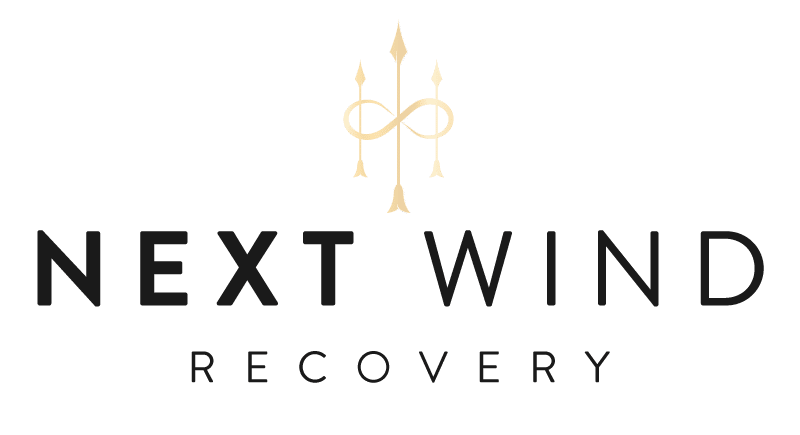When you are worried about a loved one, everything looks like a sign or symptom of something serious. But when it comes to substance abuse, what signs or symptoms you notice can make the difference between life and death.
Learn more about heroin use symptoms and the signs of heroin abuse at our Top-Rated Drug Rehab in New Jersey.
What is Heroin?
Heroin is an opioid drug that is derived from morphine, which is found in the opium poppy plan, typically sold as a white or brown powder or a black, sticky substance known as “black tar heroin.” Heroin can be injected, smoked, or snorted, and it quickly binds to the brain’s opioid receptors, causing a surge of euphoria, intense feelings of pleasure, and eliminating pain. Initially used as a painkiller, heroin was made illegal due to its highly addictive nature.
According to surveys of people entering rehabilitation, heroin is often the first illegal drug that individuals use because it is seen as “low-risk” for a “high reward.” However, many individuals who use heroin must use more and more of the drug over time to achieve the same euphoria. This can lead to a dangerous cycle of addiction, as individuals become physically and psychologically dependent on the drug.
What Does Heroin Use Look Like?
Heroin use can look different depending on how the drug is used. For example, when heroin is injected, individuals may have track marks on their arms or other body parts where they inject the drug. They may also have paraphernalia, such as needles, syringes, or spoons, in their possession.
When heroin is smoked or snorted, individuals may have burnt foil, straws, or other paraphernalia. They may also have a chronic cough, as smoking heroin can cause lung damage and respiratory issues.
What Are the Symptoms of Heroin Abuse?
Heroin abuse can have both physical and behavioral symptoms that others can identify. Physically, individuals who use heroin may be itchy, nod on and off between consciousness and unconsciousness, and experience weight gain and constipation. Heroin also has the potential to be lethal in high doses, depressing the body’s functions until they are too sluggish to respond, causing seizures, comas, and death.
In addition to these physical symptoms, individuals struggling with heroin abuse may also exhibit behavioral symptoms, like social isolation and withdrawal from friends and family. People may also neglect work, school, or home responsibilities, have financial problems, or steal to support their drug habit. Heroin addiction is linked to increased risk-taking behaviors, such as driving under the influence or engaging in unsafe sexual practices, mood swings, and irritability.
While these behavioral symptoms can also be attributed to other mental health disorders, it is essential to take steps toward getting your loved one help if you are noticing them in combination with other symptoms.
How Can Heroin Impact People Long-Term?
The long-term impact of heroin use can be devastating. Individuals who use heroin are at increased risk for various physical and mental health problems, including cancer, liver disease, HIV and Hepatitis C, sexually transmitted diseases, depression, anxiety, and bipolar disorder.
Heroin can also long-term impact an individual’s relationships and job status. In addition, individuals who use illegal drugs, like heroin, are also at an increased risk of legal issues.
What Kinds of Treatment Are Available for Heroin Abuse?
Fortunately, a range of treatment options is available for individuals struggling with heroin abuse. Individuals ready to make a change have multiple options available to them, including all behavioral and medication-assisted treatment levels.
Behavioral therapy is the standard treatment for individuals struggling with addiction. Cognitive Behavioral Therapy, focused on changing behaviors, and Dialectical Behavioral Therapy, focused on changing thoughts, are two of the most common types of behavioral therapy used to support individuals addicted to heroin.
As an opioid, heroin users are prime candidates for Medication-Assisted Treatment (MAT). MAT is a medication therapy program that supports individuals in treatment with medication that blocks the drug’s euphoric effects or can even make an individual ill when they use it, creating a negative association with the process. MAT therapy is widely used and accepted as a supportive measure for clients ready for a significant change.
Next Wind Recovery – A Heroin Addiction Treatment Center
Heroin abuse is a serious and deadly problem affecting individuals and families nationwide. At Next Wind Recovery, we redefine treatment expectations while providing individuals treatment, unlike the rest. Our compassionate, top-rated treatment facility offers every level of care, from detoxification through aftercare services, treatment for multiple substances, and specialized therapy for individuals with co-occurring mental health disorders like anxiety, depression, and PTSD. Next Wind offers addiction treatment services in New Jersey. Learn more about the symptoms of heroin abuse by speaking with a treatment specialist and Next Wind NJ today.








